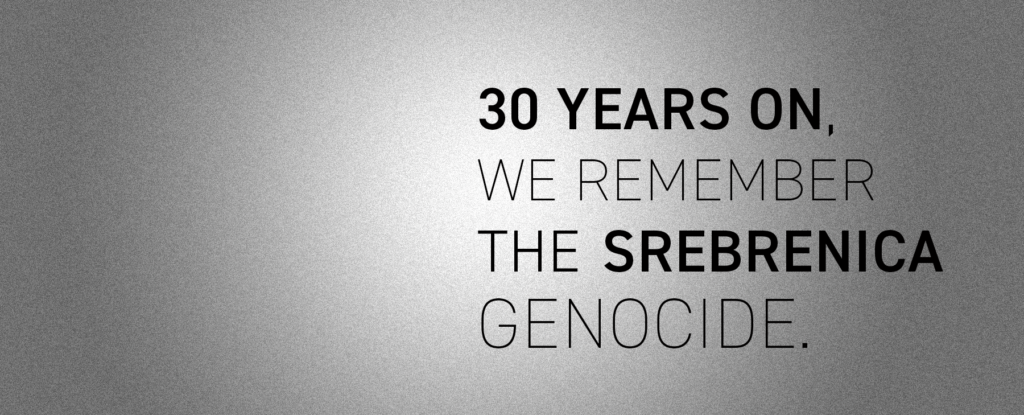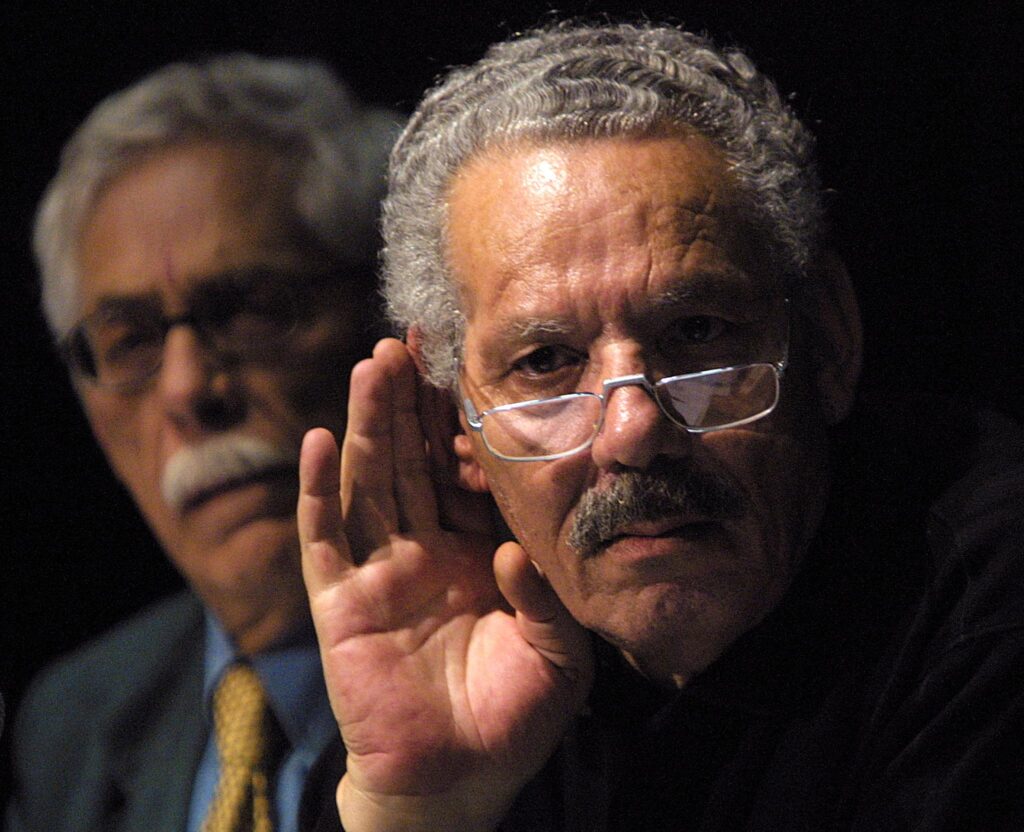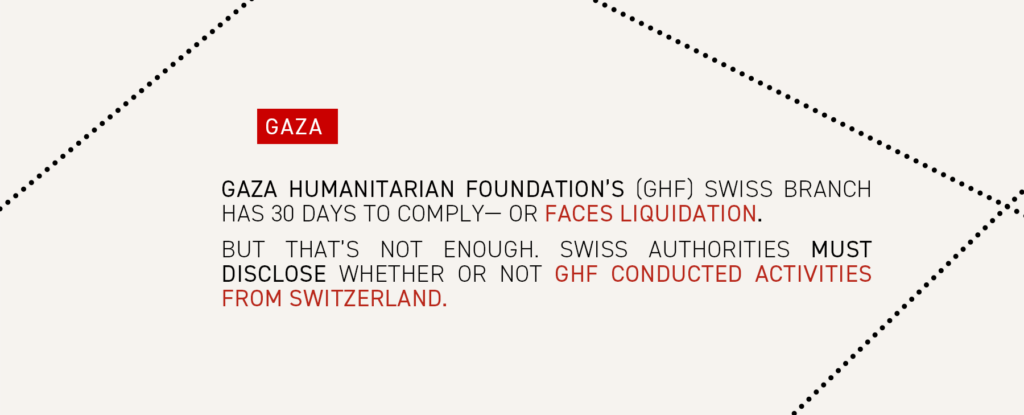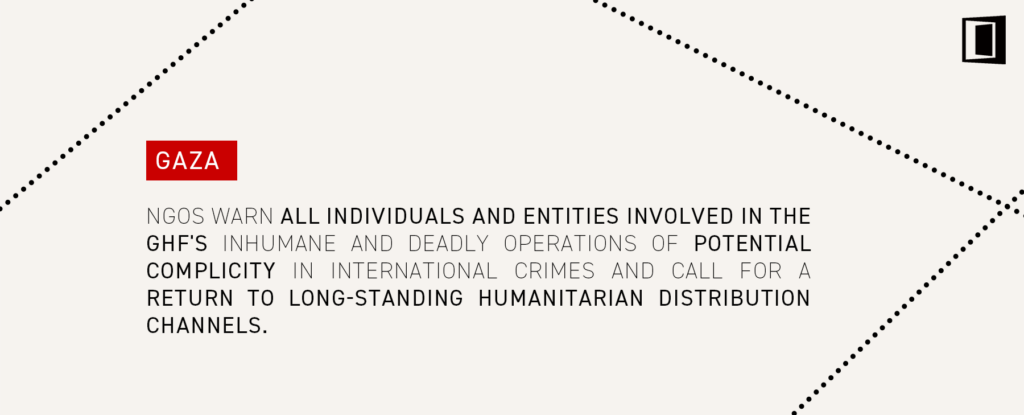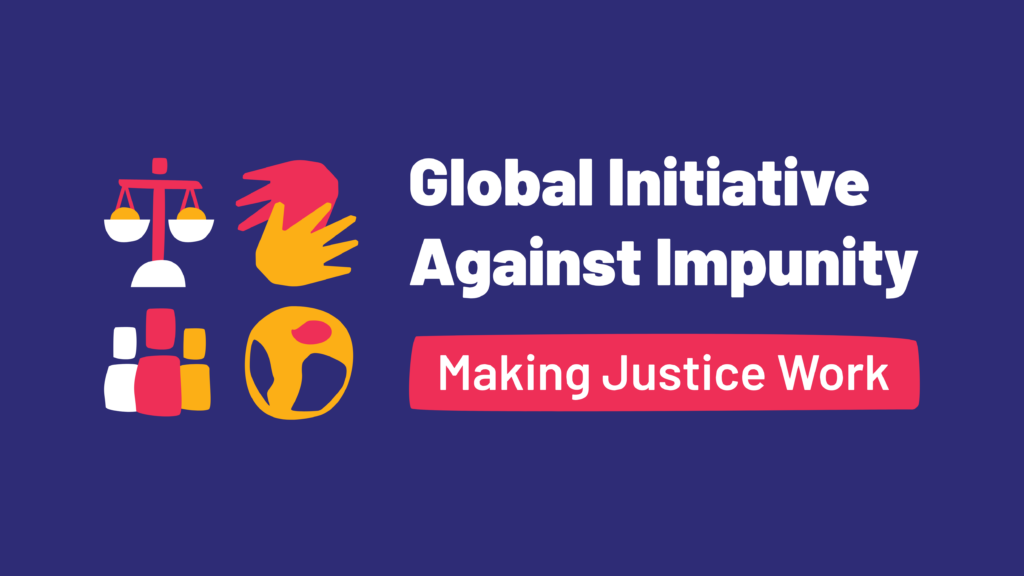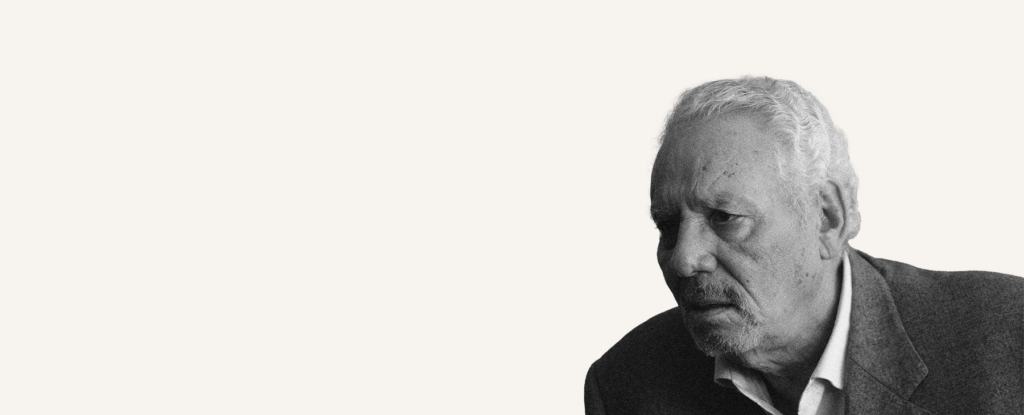Prosecutors on the Front Line: A Q&A with Terry Beitner of the Canadian War Crimes Unit
In partnership with the Philip Kirsch Institute and the Canadian Centre for International Justice.
Joseph Rikhof is the editor of the Philippe Kirsch Institute’s Global Justice Journal. He interviewed Terry Beitner, General Counsel and Director of Canada’s Crimes Against Humanity and War Crimes Section of the Department of Justice Canada about the work done by his Section.
JR: What is Canada’s War Crimes Unit and what do you do?
Firstly, the official name is the Crimes Against Humanity and War Crimes Section located in Ottawa at the Department of Justice Canada. Let’s call it the “unit”. The unit was created over thirty years ago.
We work with our partners within the Crimes Against Humanity and War Crimes Program to investigate allegations that there are war criminals in Canada. Our partners are the Canadian Border Services Agency, Immigration Refugees and Citizenship Canada and the Royal Canadian Mounted Police.
JR: How are investigations in war crimes cases conducted?
Whether the case is an alleged fraudulent acquisition of immigration status leading to revocation of citizenship or a criminal matter, the process begins with a legal and political/historical analysis of the armed conflict during which the events are said to have occurred. Although the presence of an armed conflict is not required for certain international crimes treated by the Program (namely, crimes against humanity), history shows that an armed conflict of some sort is usually in play. Therefore, an analysis of the conflict is critical to understanding the intentions of the parties involved in these international crimes. The analysis will also provide the context of the situation to determine whether the specific crimes at issue may be connected to the armed conflict or if the conduct was part of a widespread or systematic attack against civilians. The historical analysis is therefore critical to make out the legal elements of the offenses in question. Once the contextual analysis is complete, in the ideal scenario, investigators then put together an investigative plan to secure physical and documentary evidence in addition to witness testimony.
JR: These investigations must be expensive because the events have taken place outside of Canada. Why should we care about events that have happened so far away and in some cases very long ago?
Canada, like many countries, has a zero tolerance for the presence of war criminals in our country. Our policy is called the “No Safe Haven” policy. Canada will not be a safe haven for anyone against whom there are reasonable grounds to believe that they may have been involved in crimes against humanity, war crimes, or genocide.
JR: Do you have any interesting files that you can discuss publically?
We have several files that are currently before the Federal Court of Canada. One matter is a long running World War Two case and the other three are cases that arise out of more recent conflicts. For example, one matter concerns allegations of participation in crimes against humanity in Guatemala, during an event known as the Las Dos Erres massacre that took place in 1982. The other ongoing cases concern allegations of participation in atrocities committed in Bosnia during the war that followed the break-up of the former Yugoslavia.
Read Terry Beitner’s full interview on the Philip Kirsch Institute website

